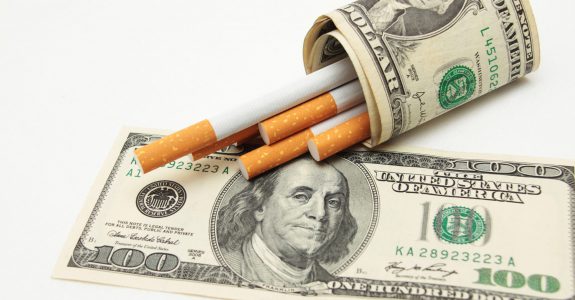Claire Fiddian-Green is the President & CEO of the Richard M. Fairbanks Foundation.
As part of our effort to prevent substance misuse among young people, the Richard M. Fairbanks Foundation today announced a $1.15 million investment to help 29 Marion County K-12 schools implement drug prevention programs. The five grant recipients are the Metropolitan School Districts (MSD) of Warren and Washington Townships and public charter schools Urban ACT Academy, Ignite Achievement Academy and Indianapolis Academy of Excellence.
These grants are part of our مسائل الوقاية initiative, which the Foundation launched in January 2018 as a three-year effort to help Marion County schools identify, implement and sustain evidence-based substance use prevention programs.
The grants announced today follow 24 مسائل الوقاية awards that were made public last August, bringing the total مسائل الوقاية investment to $11.9 million. In total, this funding will help 180 schools reach an anticipated 83,390 students in kindergarten through 12th grade with proven prevention programs by the 2020-2021 school year.
Prevention is an important part of the puzzle when it comes to addressing the opioid crisis, Indiana’s high and increasing cigarette smoking rate, and ongoing challenges with alcohol and other drugs. We are pleased to partner with so many schools in Marion County in an effort to reduce rates of substance misuse over the long term.
You can learn more about مسائل الوقاية and participating schools by clicking here.



